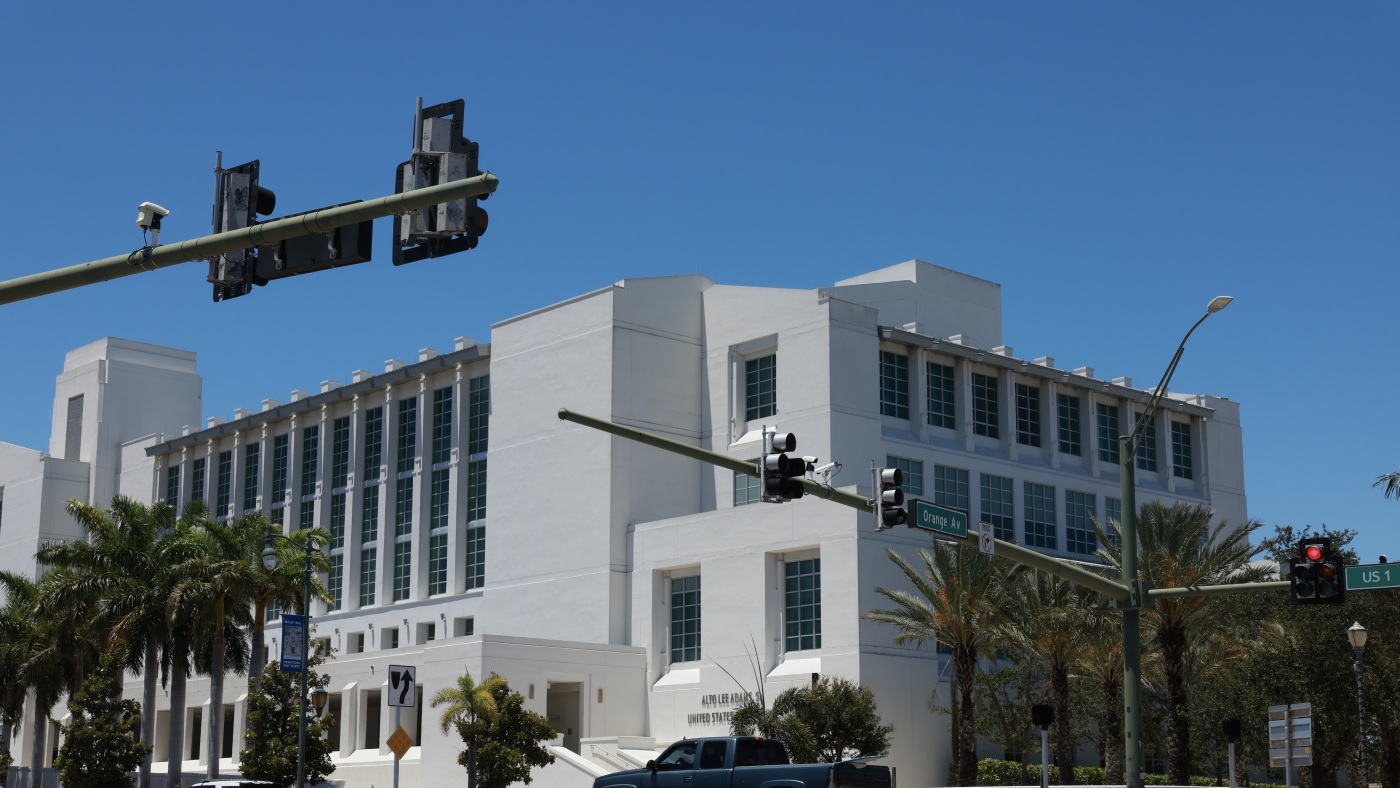The series of reports surrounding Ryan Routh’s alleged attempt to assassinate former President Donald Trump in 2024 presents a complex and troubling narrative that combines legal proceedings, criminal intent, political implications, and individuals’ psychological and ideological motivations. This detailed analysis aims to synthesize and contextualize the multiple facets of the case, drawing from the diverse information sources to present a comprehensive understanding of the situation.
Introduction: Unmasking a Serious Threat within the Political Landscape
The arrest and subsequent charges against Ryan Routh underscore the precarious intersection of political ambition, personal ideology, and security vulnerabilities in the United States. Accusations of an assassination attempt against a prominent political figure, especially a former president like Donald Trump, evoke intense legal, societal, and security discussions. What makes Routh’s case particularly noteworthy isn’t merely the gravity of the alleged crime, but also the implications of the evidence unearthed—such as a handwritten note revealing intentions to kill Trump—and the subsequent legal maneuvers. This case exemplifies how threats against political leaders are taken seriously, prompting swift and multifaceted legal responses in both federal and state jurisdictions.
The Chronology and Nature of the Accusations
Federal and State Charges
Reports consistently emphasize that Ryan Routh faces overlapping federal and Florida state charges. Federal prosecutors have officially charged him with attempting to assassinate a major political candidate—specifically Donald Trump—on September 15, 2024, during the former president’s golf outing in West Palm Beach. The severity of the federal charges carries the potential for life imprisonment if convicted, reflecting the gravity with which these allegations are taken at the national level.
Simultaneously, Florida authorities have brought additional terrorism and attempted first-degree murder charges against Routh, indicating the seriousness of local law enforcement’s response. The indictment at the federal level was returned by a grand jury, which suggests that sufficient evidence exists to proceed with a formal prosecution, including a letter Routh allegedly authored months earlier, explicitly stating his intent to kill Trump. This prior documented intention provides a substantial foundation for the legal case, highlighting a possibly premeditated plan.
The Evidence and Court Proceedings
One of the pivotal pieces of evidence is a handwritten note in which Routh candidly admits, “This was an assassination attempt on Donald Trump but I failed you,” which he left in a box at a witness’s home—a witness who later alerted authorities. Such a statement not only confirms his intent but also illustrates premeditation and a level of self-awareness about his actions. Moreover, law enforcement reports indicate that Routh was detained before executing his purported plan when discovered by a Secret Service agent at Trump’s golf course. This proactive detection likely prevented a tragic outcome, but it has not deterred the charges.
He has pleaded not guilty, a standard legal stance that signals his right to a fair trial and the presumption of innocence until proven guilty. Given the high-profile nature of the case, legal analysts predict a rigorous examination of all evidence, with potential for the case’s complexity to unfold over an extended period.
Psychological and Ideological Underpinnings
Routh’s Personal Background and Statements
Although limited direct information about Routh’s personal history is provided, certain details hint at a complex mental and ideological landscape. The fact that Routh, aged 58, authored a message explicitly targeting Trump and expressed a willingness to pay $150,000 to “whomever can complete the job” reveals a disturbing level of determination and a possible detachment from moral boundaries.
His actions—dropping off a note at a witness’s home, the messaging contained within, and his open admission of planning—reveal potential psychological issues, ideological extremism, or both. The mention of his mixed politics, support for Ukraine, and legal challenges suggests a multifaceted personality influenced by contemporary political conflicts and personal grievances.
Motivation and Political Context
The political climate surrounding the 2024 election is highly charged, with radical individuals sometimes expressing extreme views against political opponents. Routh’s targeting of Trump, a figure who continues to wield considerable influence over American politics, could have been motivated by ideological opposition, a sense of political grievance, or personal vendettas. The fact that he was detected before execution suggests that law enforcement’s vigilance remains critical in safeguarding political stability.
Legal Defense and Proceedings
The Defenses and Legal Strategies
Routh’s plea of not guilty indicates a structured legal approach, likely involving a careful review of evidence, potential mental health evaluations, and arguments surrounding intent and premeditation. His request to replace the judge appointed by Trump highlights strategic maneuvers that may influence the proceedings. It also emphasizes the highly politicized nature of the case, with Routh seeking judicial sympathetic to his position, or perhaps aiming to influence trial outcomes.
Judicial Oversight and Detention
He has been ordered held without bail by a court concerned about the danger he poses. The detention reflects the high risk involved and the importance of preventing any further threats or attempts. The case has been assigned to Judge Aileen Cannon, who was appointed during the Trump administration, adding an additional layer of political sensitivity to the judicial process.
Courtroom Dynamics and Public Perception
Public and media scrutiny surround the case, given the high-profile nature of the alleged plot. Legal experts describe the case as “open and shut,” emphasizing the strength of the evidence, especially the written note and prior planning activities. The prosecution’s efforts focus on establishing Routh’s intent, premeditation, and danger to public safety, forming the basis for the maximum legal sanctions.
Broader Implications and Security Measures
National Security and Political Stability
This case underscores the ongoing challenges faced by law enforcement and security agencies in protecting political figures from targeted violence. The detection of Routh before he could act highlights the importance of intelligence-sharing, vigilant security procedures, and the role of the Secret Service in preemptively thwarting threats.
Potential for Political Ramifications
The attempt against Trump, a pivotal figure in American politics, accentuates the volatile intersection of political rivalry and violence. Such incidents can influence public discourse, spark debates over political rhetoric, security policies, and the psychological impacts of political polarization.
Conclusion: A Turning Point in Political Security and Justice
The case of Ryan Routh serves as a stark reminder of the fragility of political stability and the importance of vigilant security protocols. His alleged attempt to assassinate a former president, compounded by clear evidence of premeditation, underscores the necessity for unwavering legal and security responses. The judicial process will ultimately determine Routh’s fate, but the broader message remains clear: threats against public officials are met with decisive legal action, safeguarding democracy and civil peace. As the case unfolds, it continues to resonate as a somber reflection on the perils of political extremism and the vital importance of maintaining safety amidst a highly divided nation.


